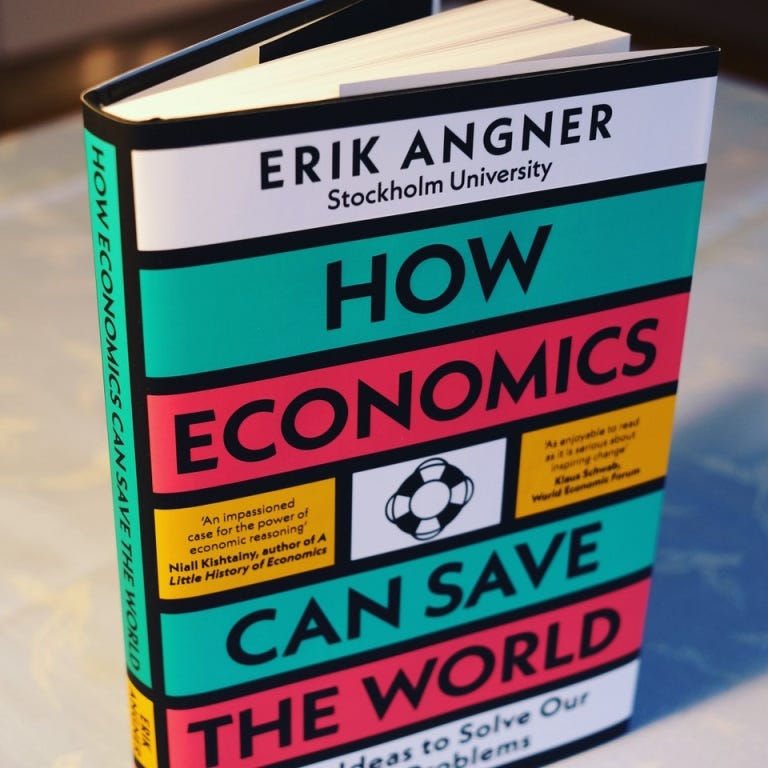Author Questionnaire
My colleagues over in the Stockholm University Media Department had questions. I’m reposting them, alongside my answers, here.
Why would a professor of philosophy write a book about economics?
As a philosopher of science, I feel like I have professional license to ignore disciplinary boundaries. One of things philosophy is for is to examine how things hang together. That requires us to explore other modes of thinking and ways of life. But I happen to be a PhD economist as well, so in this case nobody can accuse me of trespassing.

What made you write this book?
The book is a response to a literature criticizing economics and other social and behavioral sciences, I think, mostly unfairly. Skepticism about economics used to be an innocent pastime for the chattering classes, but it’s taken on a more ominous tone in an era of wide-spread science denial and fact resistance. The book is an effort to explain what economics is and what it can do – but also what its limitations are and how it can be improved.
What’s your target audience?
This book is for everyone. It’s written to be accessible – even fun! – for the broadest possible audience. I’m particularly keen to reach those who think they have no interest in economics – or who are actively opposed to it.
What’s the central message of the book?
The core message is that economics, like other sciences, can help us live better lives and build a better world. It offers an optimistic vision in a domain that’s often described as “dismal” and in an era when optimism is in short supply.
One section is called “Why trust an economist?” Well, why should you trust an economist?
You certainly shouldn’t trust them blindly. And even the best economist can’t provide you with magic wands and silver bullets. But economics offers data-driven solutions to real problems. That’s actionable advice supported by evidence. The evidence means we have reason to try and reason to think it’ll work. That’s as good as anything you could hope for.
Is your book a wise investment in time and money?
You could do worse!
You can read the original here.



Very much enjoying the book so far. (Enough that I just purchased it for my sister and look forward to discussing it with her! :)
Thank you for writing it. And for making economics more accessible to those of us who are not economists but find the subject intriguing and useful.
(Now I'm looking to translate the precepts even more, to share the ideas with people who tend to make faces or wince imperceptibly whenever I use the word "economics" in conversation. :)